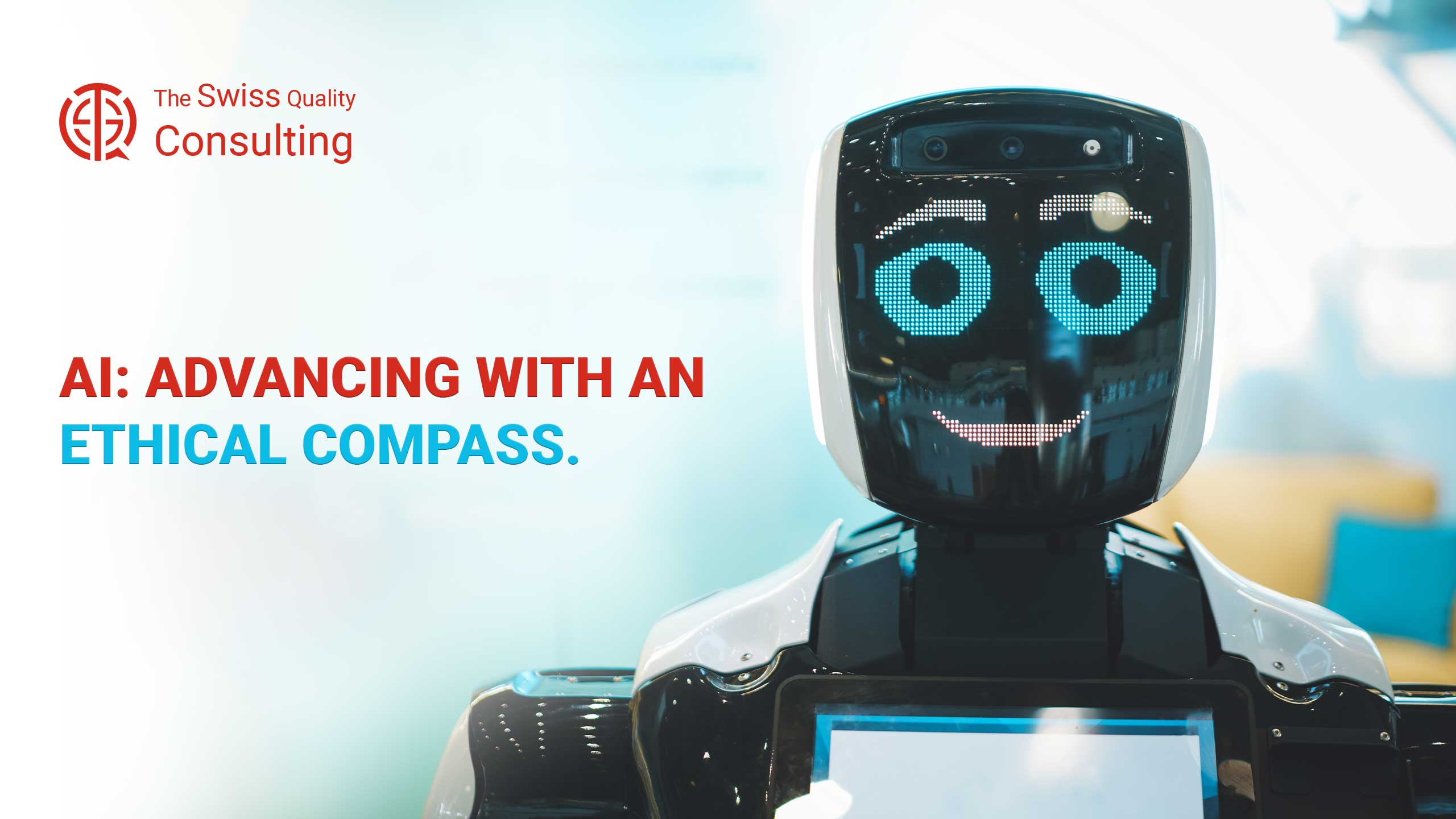Exploring the Future of Blockchain Adoption and Its Implications
The Rise of Blockchain Technology in the Middle East
Blockchain technology is revolutionizing various sectors globally, and its adoption is steadily increasing in regions like Saudi Arabia and the UAE. As Riyadh and Dubai continue to position themselves as technological hubs, the integration of blockchain is becoming more prominent, offering numerous societal benefits.
One of the significant societal impacts of blockchain technology is its potential to enhance transparency and trust in transactions. In sectors such as finance, real estate, and supply chain management, blockchain can provide an immutable and transparent ledger of all transactions. This increased transparency can reduce fraud and corruption, fostering a more trustworthy business environment. For instance, in Saudi Arabia, the adoption of blockchain in real estate transactions could streamline processes, reduce paperwork, and ensure more secure property dealings.
Moreover, blockchain technology can empower citizens by giving them control over their data. In healthcare, for example, patients in Dubai could have secure, immutable records that they control, ensuring their privacy and enabling seamless access to their medical history across different healthcare providers. This empowerment extends to other areas such as voting, where blockchain can ensure secure and transparent electoral processes, increasing public trust in democratic systems.
The Middle East’s focus on smart city initiatives, particularly in Riyadh and Dubai, also benefits from blockchain technology. Integrating blockchain with smart city infrastructure can enhance efficiency, reduce costs, and improve the quality of public services. From energy management to transportation, blockchain can provide a secure and efficient way to manage and operate smart city systems, leading to more sustainable and livable urban environments.
Blockchain and Economic Transformation
The widespread adoption of blockchain technology has the potential to transform economies by fostering innovation, creating new job opportunities, and enhancing competitiveness. For business executives and mid-level managers in the Middle East, understanding and leveraging blockchain technology can be crucial for staying ahead in a rapidly evolving market.
One of the primary economic impacts of blockchain is its ability to facilitate financial inclusion. In regions like Saudi Arabia and the UAE, where a significant portion of the population remains unbanked, blockchain-based financial services can provide access to banking, credit, and insurance services. This financial inclusion can stimulate economic growth by enabling more people to participate in the economy, start businesses, and improve their livelihoods.
Blockchain technology can also drive innovation in various industries. For example, in the logistics and supply chain sector, blockchain can enhance transparency and traceability, reducing inefficiencies and costs. Companies in Riyadh and Dubai can leverage blockchain to gain a competitive edge, ensuring the authenticity of products and improving customer trust. Furthermore, blockchain can enable new business models, such as decentralized finance (DeFi) and non-fungible tokens (NFTs), which are gaining traction in the global market.
For entrepreneurs and business leaders, executive coaching services can play a vital role in navigating the complexities of blockchain adoption. Executive coaches can provide strategic guidance, helping leaders understand the potential applications of blockchain, identify opportunities, and develop effective implementation plans. By fostering a culture of innovation and adaptability, businesses can harness the power of blockchain to drive growth and success.
Addressing Challenges and Ethical Considerations
While the potential benefits of blockchain technology are immense, its widespread adoption also presents several challenges and ethical considerations that need to be addressed. Business executives, policymakers, and technologists must work together to ensure that blockchain is used responsibly and ethically.
One of the primary challenges is the regulatory landscape. As blockchain technology evolves, regulations need to keep pace to ensure consumer protection, prevent illegal activities, and promote fair competition. In Saudi Arabia and the UAE, governments are already taking steps to develop blockchain-friendly regulations, but continuous effort is required to strike the right balance between innovation and regulation.
Privacy concerns are another significant ethical consideration. While blockchain can enhance data security, it also raises questions about data privacy. Immutable records on a blockchain mean that once data is recorded, it cannot be altered or deleted. This permanence can be a double-edged sword, especially when it comes to sensitive personal information. Therefore, it is crucial to develop frameworks that protect individuals’ privacy while leveraging the benefits of blockchain.
Additionally, the environmental impact of blockchain, particularly related to energy-intensive processes like mining, cannot be overlooked. As regions like Riyadh and Dubai commit to sustainability goals, it is essential to explore more energy-efficient blockchain solutions. Innovations such as proof-of-stake (PoS) and other consensus mechanisms can help reduce the environmental footprint of blockchain technology.
Conclusion: Embracing Blockchain for a Better Future
The societal impacts of blockchain technology are vast and transformative, offering numerous benefits across various sectors. For business executives, mid-level managers, and entrepreneurs in Saudi Arabia, UAE, Riyadh, and Dubai, understanding and adopting blockchain technology is crucial for driving innovation, enhancing transparency, and fostering economic growth.
By leveraging blockchain, businesses can improve efficiency, reduce costs, and create new opportunities, positioning themselves as leaders in a rapidly evolving market. However, it is equally important to address the challenges and ethical considerations associated with blockchain to ensure its responsible and sustainable use.
Executive coaching services can provide valuable support in navigating the complexities of blockchain adoption, helping leaders make informed decisions and develop effective strategies. As blockchain technology continues to evolve, embracing it will be essential for building a more transparent, inclusive, and innovative future.
—
#BlockchainTechnology #SocietalImpacts #BlockchainAdoption #SaudiArabiaBlockchain #UAEBlockchain #RiyadhTechnology #DubaiBlockchain #ArtificialIntelligence #ExecutiveCoaching #ModernTechnology #BusinessSuccess #LeadershipSkills #ProjectManagement































